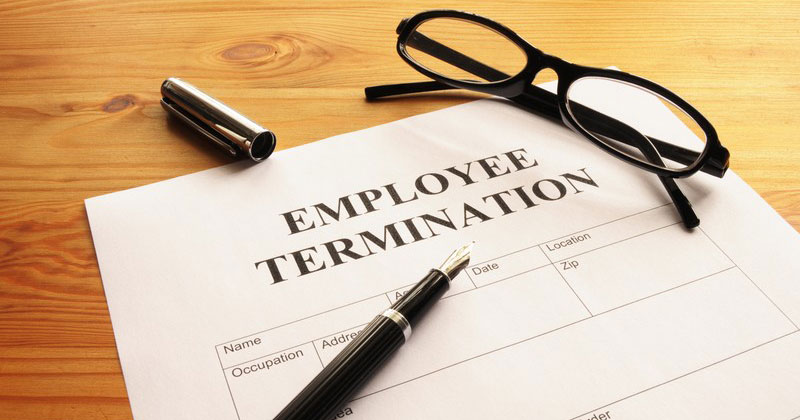Many clients come to our office thinking a “wrongful termination” means an employer has terminated them for the wrong reasons; however, wrongful termination occurs when an employee is dismissed with an insufficient amount of notice or pay in lieu of notice.
Your employer has the legal right to terminate at any time, with or without cause. If an employer has legitimate grounds and proof to terminate an employee with cause, the employee is not entitled to any notice, pay in lieu of notice, or severance pay. If an employee is terminated without cause, however, they have basic entitlements at statute and common law.
Termination With Cause
Termination with cause must be linked to willful misconduct, disobedience, or willful neglect of duty. The action must be serious, and your employer should be able to provide proof of the infraction.
Employers sometimes embellish or fabricate events to terminate an employee with cause to avoid paying out termination entitlements. This constitutes wrongful termination and employees may be entitled to damages as a result.
Termination Without Cause
Unfortunately, many factors can contribute to an employer choosing to restructure their organization. Employers have an obligation to assist an employee who has been terminated without cause in one of the following ways:
- Reasonable Notice. Providing reasonable notice allows an employee to seek out other opportunities while still working for and being paid by the current employer.
- Pay in Lieu of Notice. This is often a lump sum or salary continuance for a defined period. It is meant to help by providing income during the transition between positions.
- Severance. Severance is paid to eligible long-term employees who incur losses (such as loss of seniority) as a result of their termination.
Basic entitlements are prescribed in the Employment Standards Act; however, many employees are entitled to more compensation at common law or under other applicable statutes.
How We Can Help
If you feel you have been wrongfully terminated, our office can help in a number of ways. Contact us at 519-915-4910 for assistance with the following:
- Consultation. We can provide you with a discussion of your rights and obligations as well as advice on how to proceed.
- Negotiations. We can communicate with your employer to ensure you receive fair compensation.
- Lawsuit. We can file a lawsuit on your behalf and represent you throughout the litigation process.
- Applications. If factors such as discrimination contributed to your dismissal, we can help you file an application with the appropriate tribunal.
We have experience dealing with wrongful termination.
